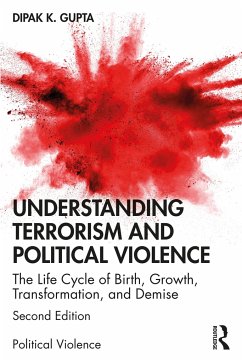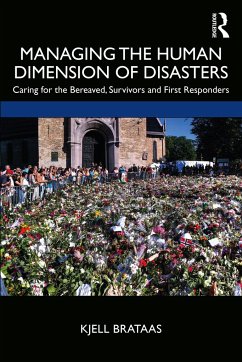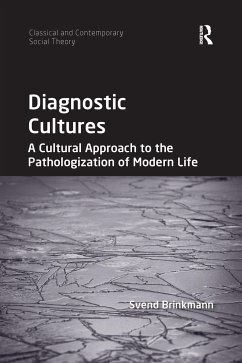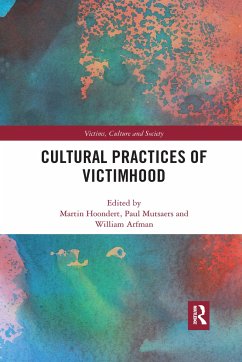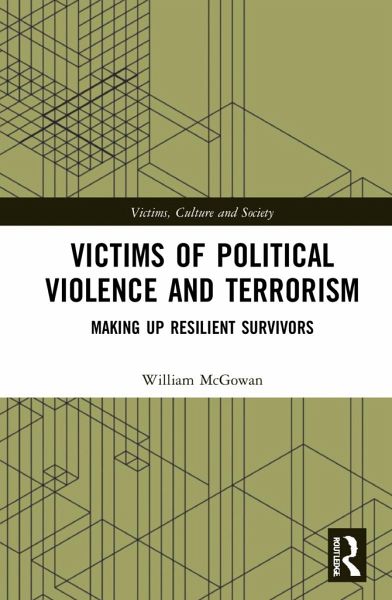
Victims of Political Violence and Terrorism
Making Up Resilient Survivors
Versandkostenfrei!
Versandfertig in 6-10 Tagen
154,99 €
inkl. MwSt.
Weitere Ausgaben:

PAYBACK Punkte
77 °P sammeln!
This book examines the survivors of political violence and terrorism, considering both how they have responded and how they have been responded to following critical incidents. As this work demonstrates, survivors of comparatively rare and spectacular violence hold a mirror up to society's normative assumptions around trauma, recovery, and resilience.Drawing on two years of observational field research with a British NGO who work with victims and former perpetrators of PVT, this book explores contested notions of 'resilience' and what it might mean for those negotiating the aftermaths of viole...
This book examines the survivors of political violence and terrorism, considering both how they have responded and how they have been responded to following critical incidents. As this work demonstrates, survivors of comparatively rare and spectacular violence hold a mirror up to society's normative assumptions around trauma, recovery, and resilience.
Drawing on two years of observational field research with a British NGO who work with victims and former perpetrators of PVT, this book explores contested notions of 'resilience' and what it might mean for those negotiating the aftermaths of violence. Examining knowledge about resilience from a multitude of sources, including security policy, media, academic literature, and the survivors themselves, this book contends that in order to make empirical sense of resilience we must reckon with both its discursive and practical manifestations.
An accessible and compelling read, this book will appeal to students and scholars of criminology, sociology, victimology, criminal justice, and all those interested in the stories of survivors.
Drawing on two years of observational field research with a British NGO who work with victims and former perpetrators of PVT, this book explores contested notions of 'resilience' and what it might mean for those negotiating the aftermaths of violence. Examining knowledge about resilience from a multitude of sources, including security policy, media, academic literature, and the survivors themselves, this book contends that in order to make empirical sense of resilience we must reckon with both its discursive and practical manifestations.
An accessible and compelling read, this book will appeal to students and scholars of criminology, sociology, victimology, criminal justice, and all those interested in the stories of survivors.







